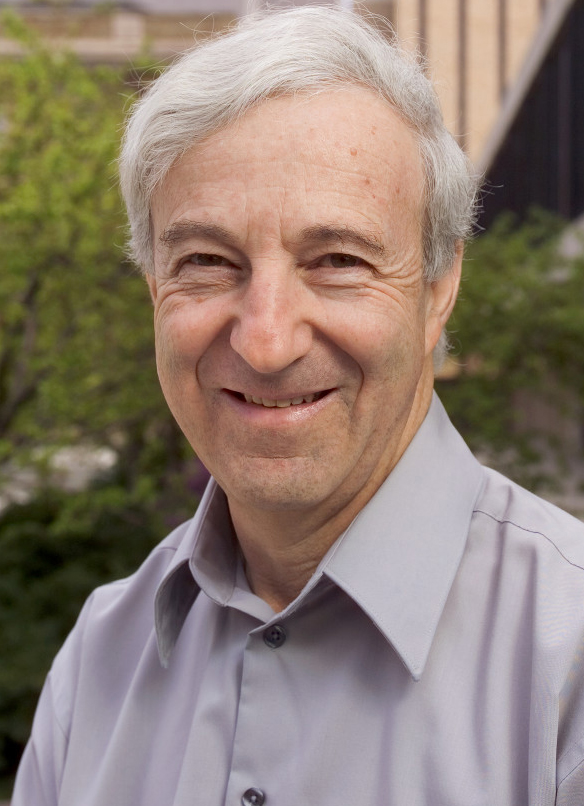Astrophysicist Saul Teukolsky to give Phi Beta Kappa lecture
By Linda B. Glaser

The discovery earlier this year of gravitational waves was a landmark moment in science. Saul Teukolsky, the Hans A. Bethe Professor of Physics and Astrophysics, was one of the researchers sharing the Special Breakthrough Prize in Fundamental Physics – a $3 million award – for the discovery.
Teukolsky will explain his role and explore what gravitational waves mean for science in the fall 2016 Phi Beta Kappa Distinguished Faculty Invitational Lecture, “Black Holes and Gravitational Waves: Was Einstein Right?” The talk will be held Wednesday, Oct. 26, at 4:30 p.m. in Lewis Auditorium, Goldwin Smith Hall.
“Professor Teukolsky has been one of the great figures at Cornell for decades and is one of the world’s leading theoretical astrophysicists,” says Daniel Schwarz, the Frederic J. Whiton Professor of English in the College of Arts and Sciences. “He is also a renowned teacher and mentor, as a well as a terrific lecturer.”
In addition to his work on solving Einstein’s equations of general relativity by computer – such as his prediction of the gravitational wave formed from coalescing black holes in binary orbit about each other – Teukolsky has also worked on naked singularities in general relativity; the properties of rapidly rotating neutron stars; exploding neutron stars; relativistic stellar dynamics; and planets around pulsars. The master equation he developed, known as the Teukolsky Equation, describes the scalar, electromagnetic and gravitational perturbations of a Kerr black hole.
Teukolsky received his undergraduate degrees in physics and applied math from the University of the Witwatersrand, South Africa, and his Ph.D. in theoretical physics from the California Institute of Technology. He has taught at Cornell since 1974 and was elected to the American Academy of Arts and Sciences in 1996 and the National Academy of Sciences in 2003.
Founded in 1776, Phi Beta Kappa is the most prestigious and oldest undergraduate honor society for the liberal arts and sciences. Cornell’s chapter dates to May 28, 1883, and from the very beginning has been open to both men and women in the College of Arts and Sciences.
Linda B. Glaser is a staff writer for the College of Arts and Sciences.
Media Contact
Get Cornell news delivered right to your inbox.
Subscribe